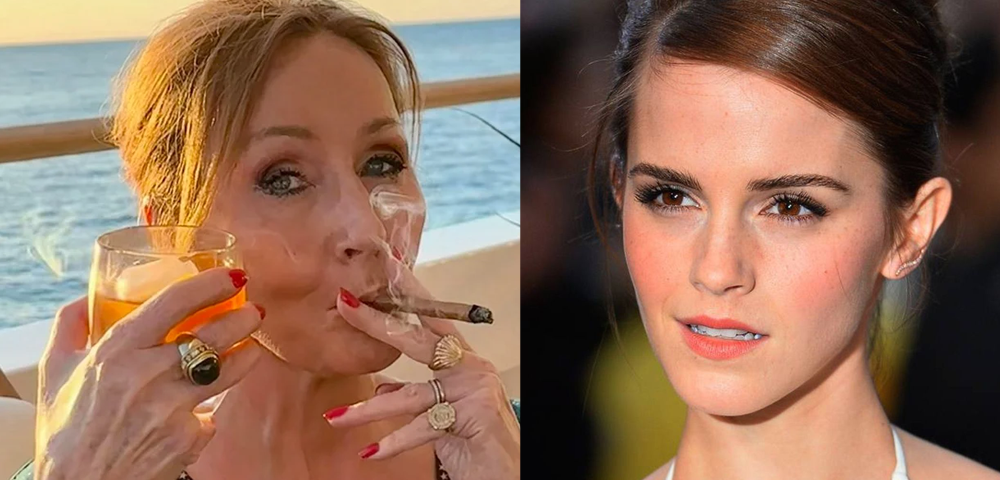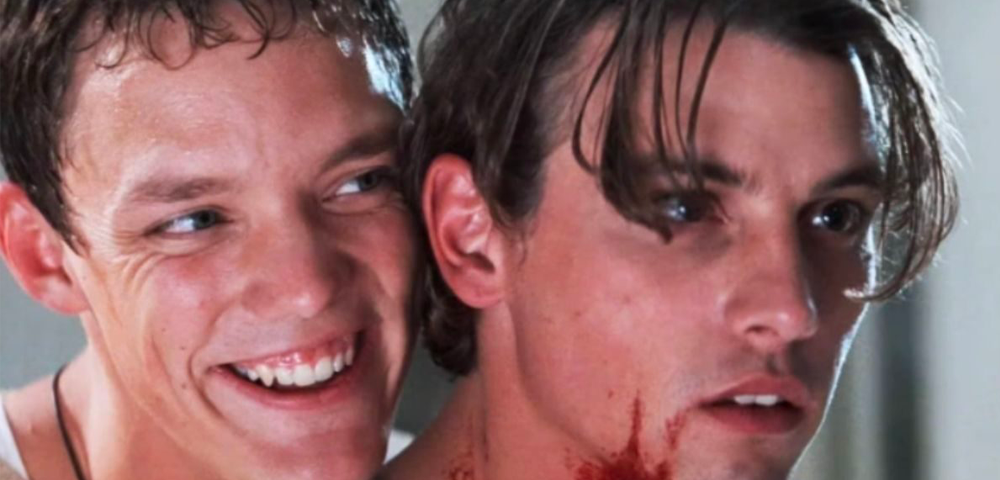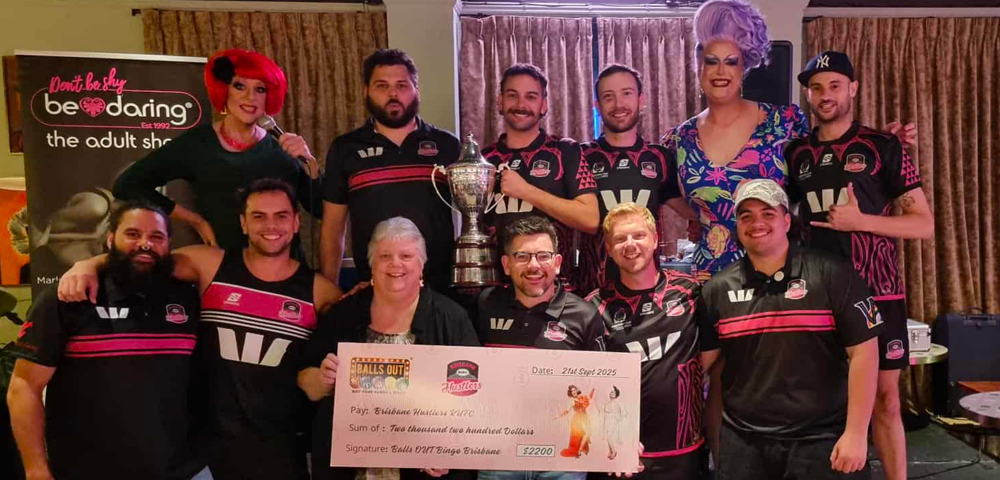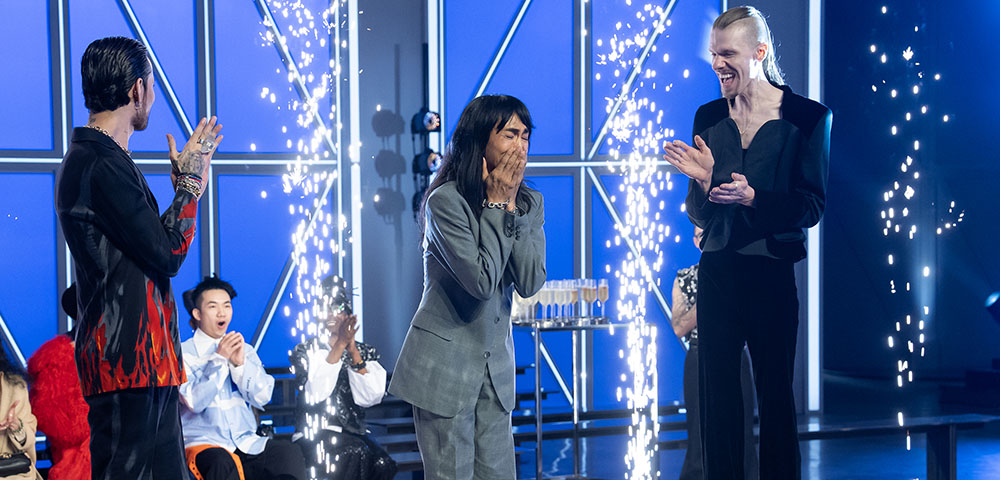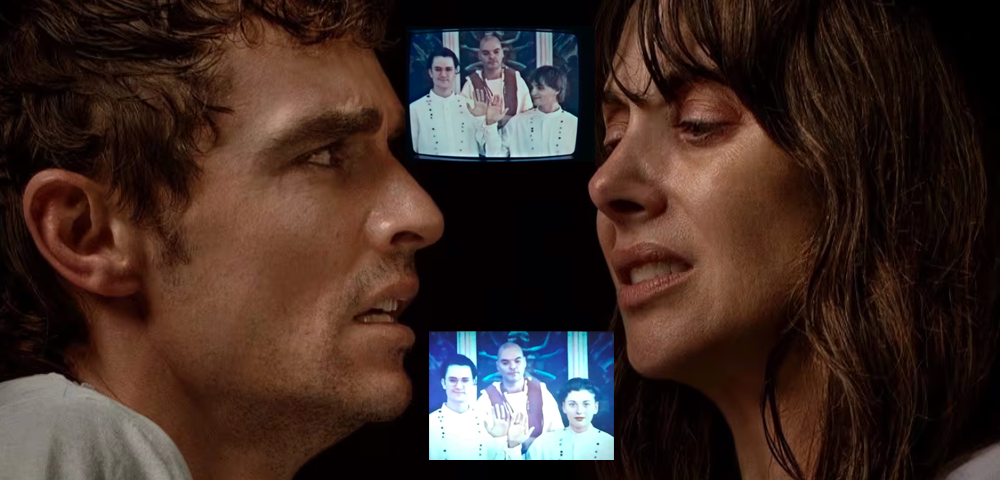
Out Gay Aussie Singer Sheldon Riley Makes It To Eurovision Grand Final
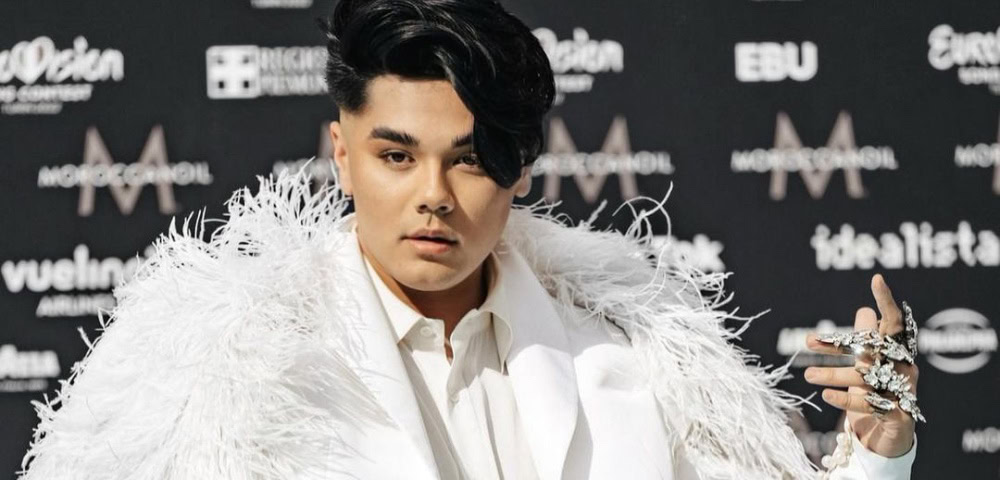
Australia’s Sheldon Riley has advanced to the finals of the 2022 Eurovision Song Contest after wowing the crowd in last night’s second semi-final round.
Riley, 23, who performed his self-penned song Not The Same, once again exhibited his signature dramatic style. Riley wore a voluminous white dress with matching train as well as his trademark crystal mask.
“Thank you Europe, thank you Europe! This is the biggest dream come true,” Riley said after his performance.
Posting on Instagram on May 11, Riley expressed his excitement for being at Eurovision. “I still CAN NOT believe I just watched @eurovision FROM EUROPE LIVE!! I’m so SO thankful for this experience! Sending my love to all the countries and their delegations!!”
A Eurovision Dream
Riley is proudly out gay and told Star Observer in a recent interview that part of his journey has also been learning to incorporate being diagnosed with Asperger’s Syndrome into his life.
Riley, first captured the attention of Australia competing in The Voice Australia in 2018. He told the Star Observer that performing at Eurovision was the culmination of a lifelong dream.
“It’s really exciting. Have you ever had a dream that you thought was super, super unrealistic and then it kind of just happens? I remember knowing when I was a little kid ‘you’re going to be up there,’” Riley said. After all of his exposure on television, Riley had just one goal in his mind. “I just wanted to be recognised enough so that I can compete in Eurovision.”
Riley wrote Not The Same when he was 15. “It was kind of a congratulations to myself. I had come out to my family; I had a boyfriend, I had friends; all the things which I thought I would never have.”
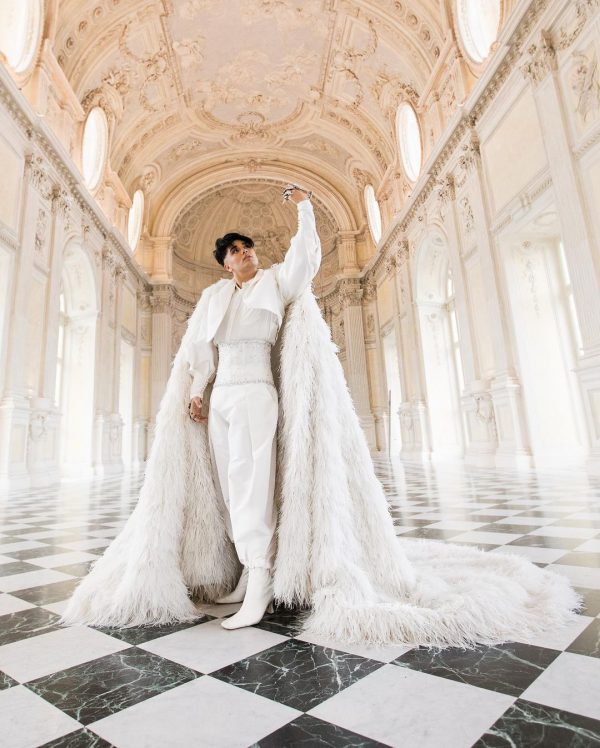
Australia Makes It To The Grand Final
Australia was one of 18 nations competing in the second semi-finals, at Turin’s PalaOlimpico arena.
Australia joins Belgium, Czech Republic, Azerbaijan, Poland, Finland, Estonia, Sweden, Romania and Serbia who also garnered enough votes to advance to the finals.
Lithuania, Switzerland, Ukraine, Netherlands, Moldova, Portugal, Iceland, Greece and Norway had all previously advanced after the first semi-final round. There are ten spots in the grand final awarded for each of the two semi-final events.
"It's happening!" 🎉
Well done @SheldRiley on qualifying for the Eurovision Song Contest Grand Finals!#SBSEurovision pic.twitter.com/X4i5Ko5O1j
— SBS Eurovision (@SBSEurovision) May 12, 2022
They all join Italy, Germany, France, Spain and the United Kingdom, known collectively as the “Big Five,” who automatically advance to the finals as those countries provide the most funding to the European Broadcasting Union, which organises the annual event.
Meanwhile Ireland, Montenegro, Georgia, North Macedonia, Cyprus, Malta, Israel, and San Marino all failed to advance following last night’s second semi-final round.
Ukraine’s Kalush Orchestra Are Favourites To Win Eurovision
The Kalush Orchestra, a folk-rap band from Ukraine are heavily favoured to win the competition. “Thank you for supporting Ukraine,” said Oleh Psiuk, a founding member of the group, following their performance.
“For our country it is so important to have victories in all ways,”Psiuk told the BBC. “So if we win, it will be another opportunity to show Ukraine to the world, to remind people about Ukraine, and to increase morale in the whole country.”
Forty countries in total are participating in the contest in 2022, with Armenia and Montenegro staging comebacks after sitting out last year. Russia was set to compete but was denied the chance following Russia’s invasion of Ukraine. All forty countries vote for the winner during the grand final.
Australia & Eurovision
Australia, who first competed at the Eurovision Song Contest in 2015, has secured a spot to compete until 2023.
“We are delighted that Australia has become a more permanent member of the Eurovision Song Contest family,” said Jon Ola Sand of the European Broadcasting Union in 2019.
“Australians have long been huge fans of the event with a great number of loyal viewers year on year, and when they were invited to participate in the 60th-anniversary edition of the contest, we couldn’t have imagined quite how popular their artists would become,” Sand said.
This years event also marks a return to full capacity for the event, following last year’s contest in Rotterdam where capacity was capped at 3,500 due to COVID-19.
The grand final of the Eurovision Song Contest will air on SBS on Sunday beginning at 5am.




